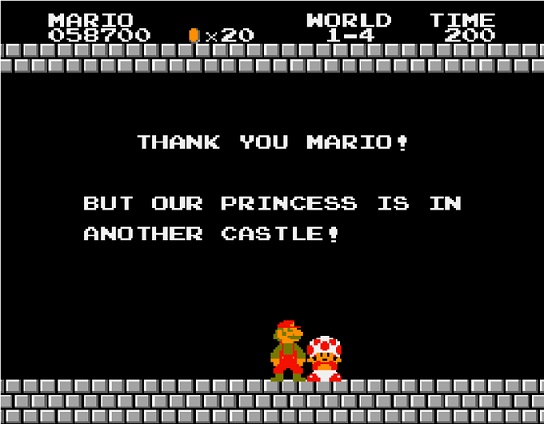For Loncon3 there are sixteen Hugo Award categories, plus the not a Hugo John W. Campbell Award for Best New Writer, to vote in. That’s a lot to be knowledgeable about. They reflect the history of the award, as categories came and went:
- Best Novel
- Best Novella
- Best Novelette
- Best Short Story
- Best Related Work
- Best Graphic Story
- Best Dramatic Presentation (Long Form)
- Best Dramatic Presentation (Short Form)
- Best Editor – Short form
- Best Editor – Long form
- Best Professional Artist
Those are all what you might call the professional awards, the ones most like other literary awards. The first four are perhaps the core Hugos, though the distinction between novella and especially the novelette and short story is more of historic than actual importance and nobody outside fandom pays attention to anything but the novel award anyway. Best professional artist in one way or another has been around since the beginning as well; illustrations, especially cover paintings have of course always been important in science fiction.
Meanwhile the editor and dynamic presentation –basically anything that isn’t written science fiction– awards are split up the way they are because voters over time thought that e.g. writing a single episode of a tv series is slightly different from writing a movie and the same for editing short stories vs novels. Best graphic story is for comics.
The next category is sort of a transition category, where the smaller commercial magazines mix with the bigger fanzines, always a bit of a mess. Beyond that there are the fan awards, awarded for work inside of fandom. It’s always a bit of a surprise for newcomers to discover that yes, professional writers too can be eligible for these awards, as long as they are active in fandom in some way or another. That I think is the real charm of the Hugos: they’re for all of us, not just fans voting for their favourite “celebrities”.
- Best Semiprozine
- Best Fanzine
- Best Fancast
- Best Fan Writer
- Best Fan Artist
In short, there’s a split in awards categories that deal in the business of science fiction and awards that deal in the business of science fiction fandom, but pros can be nominated and win in fan categories and vice versa. It’s one of those things that are utterly charming about sf fandom even if it made a lot more sense back in 1953 when every other fan was a pro writer and the rest were aspiring pro writers. There is still much less of a pro-fan distinction than there is in related fandoms like media sf or comics.
Now, if I’m completely honest, the only two Hugo categories I’m truly interested in are the Best Novel and the Best Fan Writer ones; these are the only ones I can form opinions about without the help of the Hugo Voter Package. But thanks to the voter package I can at least make a stab at rating the candidates for the other categories too. Which I’m going to do with the following exceptions: I won’t vote in either of the dramatic presentation categories, nor in the graphic story one, because I don’t believe the Hugo is suited for them. These are not where this fandom’s strengths and interests lie and they always default to already well known, well established works.
The two other categories I’m wavering about are the editorial categories. It’s not the awards themselves so much that are the problem, but rather my ability to judge them. Editing is a largely invisible art to me as a reader, not helped by the lack of editorial acknowledgement in most sf books. And since I don’t read sf magazines, where the role of the editor is much greater in shaping the magazine as a whole, it’s hard to judge those kind of editors too. Some editors have been thoughtful enough to include samples of the stories/books they’ve edited, but just because I like a story doesn’t mean the editing was any good, nor the other way around. Therefore I probably will take a look at these categories and decide later if to vote on them.
All other categories I will be voting on, which means a lot of reading and thanks again for the Hugo Voters Package for making this so easy. I think I’ll be blogging about the various awards throughout July and aim to have made my choices by August. For some that will be easy; for others, not so much.
